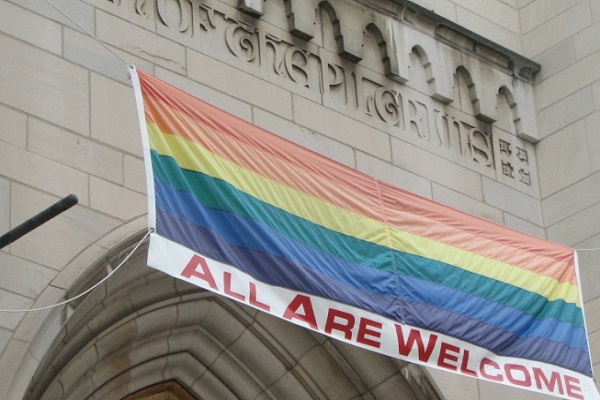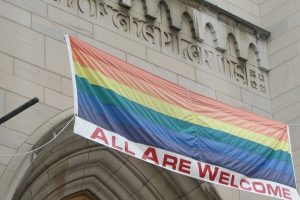
Religious News From Around the Web April 19, 2021
- By WRN Editorial Staff --
- 19 Apr 2021 --
Supreme Court: Secular and Religious COVID Exemptions Must be Equal; Religious Liberty: The Next Crisis; America’s shifting religious freedom landscape; How Religion and Religious Freedom Has Changed; Great Religions and the Soul
Supreme Court: Secular and Religious COVID Exemptions Must Be Equal
![]() On April 9, the Supreme Court – in Tandon v. Newsom — blocked California’s COVID-related ban on religious gatherings in private homes, saying that any secular exemption to a law automatically creates a claim for a religious exemption, California had to let people gather indoors for Bible study, said the ruling, because it allowed them to gather indoors to get a haircut, eat, or take a bus. This doctrine expands the government’s obligation to provide religious accommodations to countless regulations.
On April 9, the Supreme Court – in Tandon v. Newsom — blocked California’s COVID-related ban on religious gatherings in private homes, saying that any secular exemption to a law automatically creates a claim for a religious exemption, California had to let people gather indoors for Bible study, said the ruling, because it allowed them to gather indoors to get a haircut, eat, or take a bus. This doctrine expands the government’s obligation to provide religious accommodations to countless regulations.
Religious Liberty: The Next Crisis
![]() “When does the government’s authority trump religious assembly and expression?” How can “American Caesars” bypass the “principles of religious autonomy, equality and accommodation? “In the steady erosion of our nation’s commitment to first freedoms,” what can religious Americans do? Ken Starr’s new book offers three suggestions.
“When does the government’s authority trump religious assembly and expression?” How can “American Caesars” bypass the “principles of religious autonomy, equality and accommodation? “In the steady erosion of our nation’s commitment to first freedoms,” what can religious Americans do? Ken Starr’s new book offers three suggestions.
America’s shifting religious freedom landscape
 “I think this cultural move toward religious disaffiliation is most pronounced in one of our major national parties, which had always been a sanctuary for persecuted religious minorities. So, I think this, in part, explains why there is maybe less support for religious liberty as a general principle.”
“I think this cultural move toward religious disaffiliation is most pronounced in one of our major national parties, which had always been a sanctuary for persecuted religious minorities. So, I think this, in part, explains why there is maybe less support for religious liberty as a general principle.”
How Religion and Religious Freedom Has Changed
[CC BY 2.0], via Wikimedia Commons
Great Religions and the Soul



















